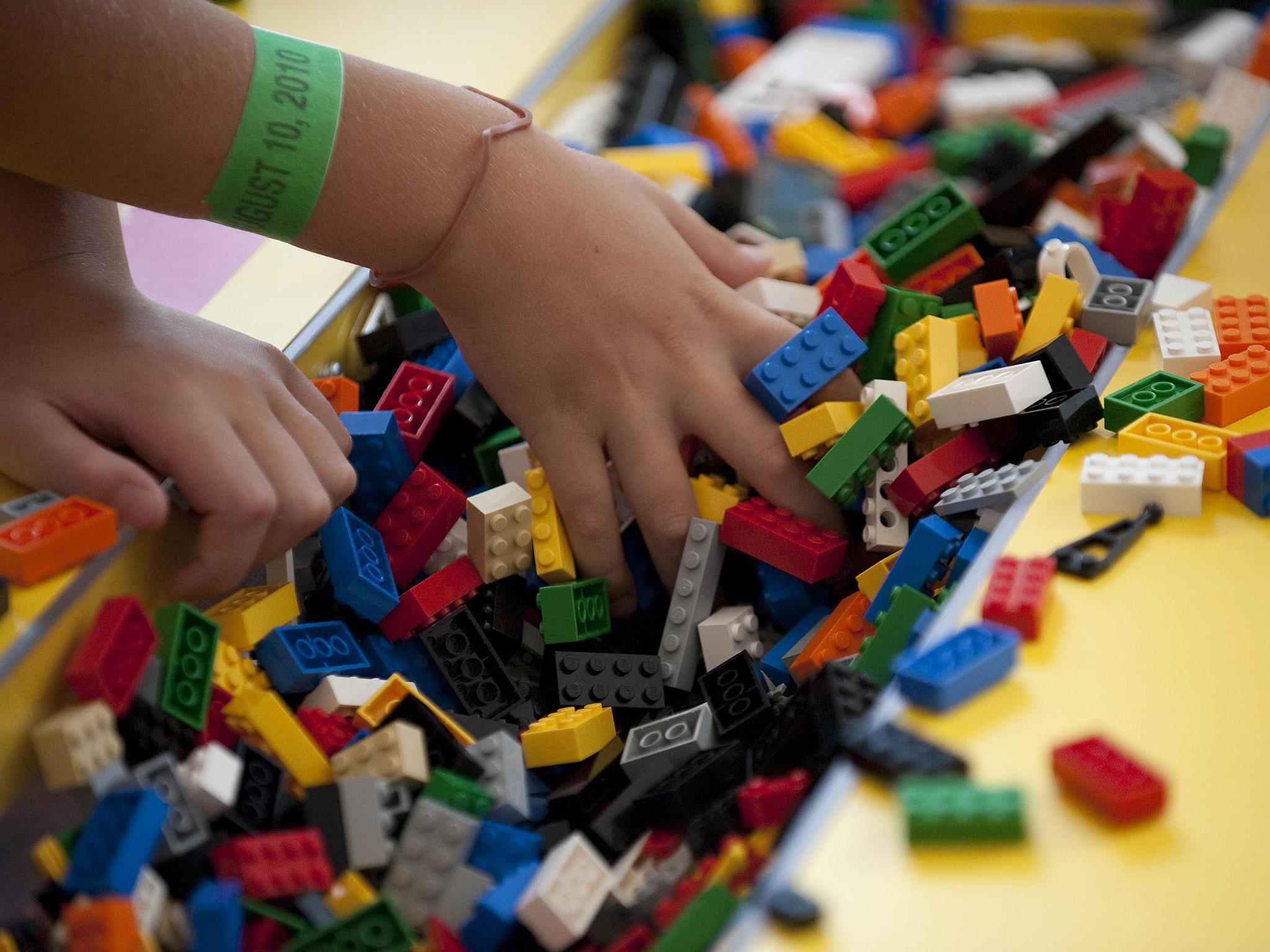The best way children for children to learn is through playing, says Lego
Focusing on literacy and numeracy too young can hinder children's development, according to the Danish toy manufacturer

The Lego foundation has launched a campaign to change young children’s education by encouraging play.
The Danish toy manufacturer believes formal education at a young age can be a hindrance and its education branch-off charity, Lego Foundation, suggests children should learn mainly through play “until the age of eight”.
Hanne Rasmussen, head of the Lego Foundation, said: “Both in the formal education system and in the homes of children, the focus on the value of play is rather limited,” according to the Guardian.
The foundation aims to focus on improving “the understanding of the value of play and what play can really do”, after suggestions it has been reduced as a priority by schools and parents.
The Lego Foundation, funded by a quarter of the company’s post tax-profits, voiced concerns children may be spending too much time too early learning literacy and numeracy.
The charity says this could be damaging to children’s learning through play, which it says helps develop creativity, problem solving and empathy.
The best cities in Britain to raise a family
Show all 10Lego has put £4 million towards a new “Lego professorship” at Cambridge and will be supporting a centre for research - called 'Play in Education, Development and Learning (Pedal) - which will provide academic research supporting the importance of play, according to Toy News.
Ms Rasmussen said: “All over the world, we see parents spending much energy doing the best for their child, and play is not on that list because they don’t have the background to understand what it could do.”
Evidence suggests children in the UK, who go to school three years earlier than some Scandinavian countries, could be hindered more. Research from New Zealand reveals early formal literacy lessons do not make children better readers by the time they are 11.
Lego identifies the five types of play as being physical, symbolic, with rules, with objects and pretence.
Subscribe to Independent Premium to bookmark this article
Want to bookmark your favourite articles and stories to read or reference later? Start your Independent Premium subscription today.





Join our commenting forum
Join thought-provoking conversations, follow other Independent readers and see their replies
Comments